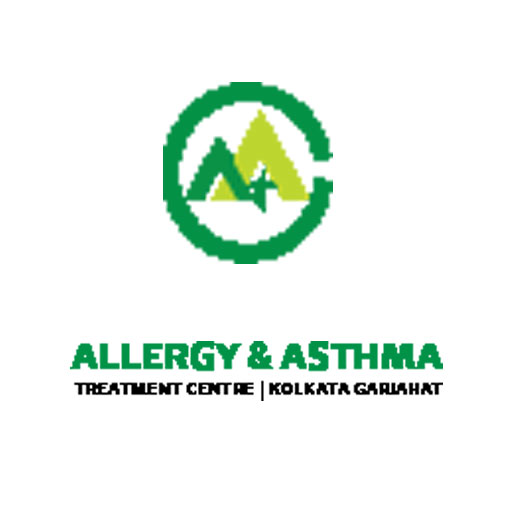Allergies can greatly impact your quality of life, causing discomfort and disrupting daily activities. Whether it's seasonal hay fever, food intolerance, or skin reactions, finding the right allergy relief is essential. With numerous options available, understanding your choices can help you make informed decisions about the best treatment for your symptoms.
Understanding Allergies
Allergies occur when the immune system overreacts to substances called allergens. Common allergens include pollen, dust mites, pet dander, certain foods, and insect stings. Symptoms can range from mild to severe and may include sneezing, runny or stuffy nose, itchy eyes, skin rashes, and even more serious reactions like anaphylaxis.
Identifying Symptoms
Recognizing the symptoms of an allergy is the first step towards effective treatment. Common symptoms include:
📌Respiratory issues: Coughing, wheezing, and shortness of breath.
📌Skin reactions: Rashes, hives, or eczema.
📌Digestive problems: Nausea, vomiting, or diarrhea after eating certain foods.
📌Anaphylaxis: A severe, life-threatening reaction that requires immediate medical attention.
If you are experiencing any of these symptoms, it might be time to consider allergy testing to identify the specific allergens affecting you.
Options for Allergy Relief
When it comes to allergy relief, there are several approaches you can take:
1. Avoidance
The simplest way to manage allergies is to avoid known triggers. This can involve lifestyle changes such as keeping windows closed during pollen season, using hypoallergenic bedding, or avoiding certain foods. However, absolute avoidance may not always be possible, particularly with environmental allergens.
2. Over-the-counter Medications
Many people find relief through over-the-counter antihistamines, decongestants, or nasal corticosteroids. These medications can alleviate symptoms like sneezing, itching, and nasal congestion. Common options include:
📌Antihistamines: Medications such as cetirizine and loratadine can relieve sneezing and itching.
📌Decongestants: Such as pseudoephedrine, these help reduce nasal swelling and congestion.
📌Nasal corticosteroids: Sprays like fluticasone can reduce inflammation in the nasal passages.
Before starting any medication, consult with a healthcare professional to ensure it's appropriate for your condition and won't interact with other medications you may be taking.
3. Allergy Shots (Immunotherapy)
If avoidance and medications are not providing sufficient relief, you might want to consider allergy shots, or immunotherapy. This treatment involves regular injections of small amounts of allergens, gradually desensitizing your immune system over time. This approach is effective for certain types of allergies and may provide long-term relief after treatment is completed.
4. Sublingual Immunotherapy (SLIT)
For those who may not want to undergo injections, sublingual immunotherapy offers a convenient alternative. In this treatment, patients place a tablet containing allergens under their tongue, allowing for desensitization without needles. SLIT is a relatively new but promising option for many allergy sufferers.
5. Visit an Allergy Treatment Clinic
If you're struggling to manage your allergies effectively, it's advisable to consult a specialist. The Best Allergy Treatment Clinic in Kolkata can provide expert guidance and tailored treatment plans. Experienced allergists will assess your unique situation, conducting necessary tests to identify allergens, and recommend the best strategy for relief.
One highly recommended option is the Allergy & Asthma Treatment Centre, known for its comprehensive care and successful treatment programs. This Allergy Treatment Clinic stands out in Kolkata for its advanced diagnostic and therapeutic techniques. They focus on understanding the root causes of your allergies, ensuring personalized and effective treatment plans.
Conclusion:
Living with allergies doesn’t have to be a burden. By understanding your symptoms and exploring different treatment options, you can find effective relief. Whether it's through avoidance strategies, over-the-counter medications, or specialized treatments at clinics like the Allergy & Asthma Treatment Centre, there are solutions available to help you manage your symptoms. Find out what works best for you and take the first step towards a more comfortable life, free from allergy disturbances.
For the Best Allergy Treatments that suit your unique needs, don’t hesitate to reach out to a trusted allergy specialist today.

